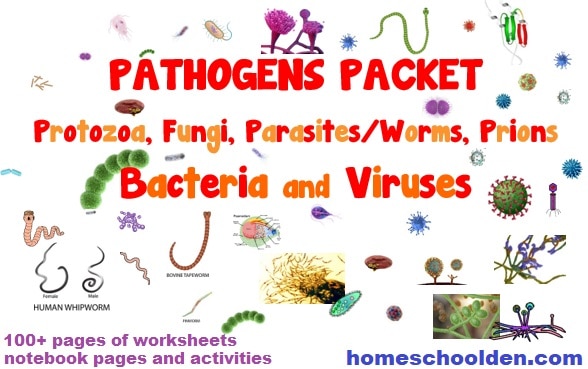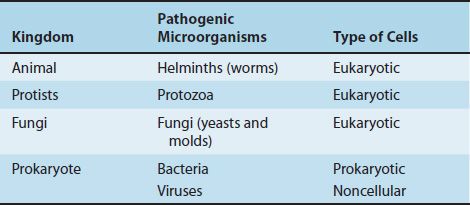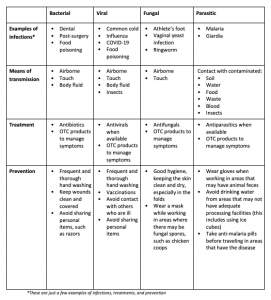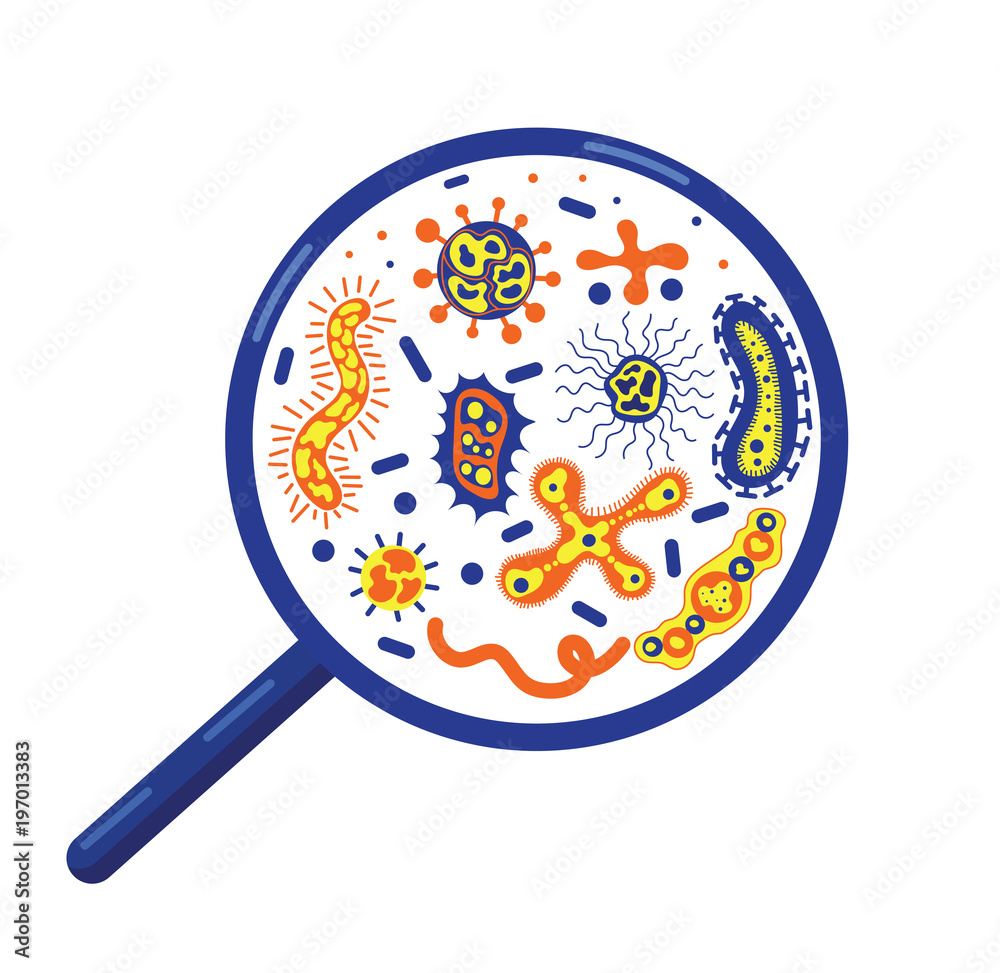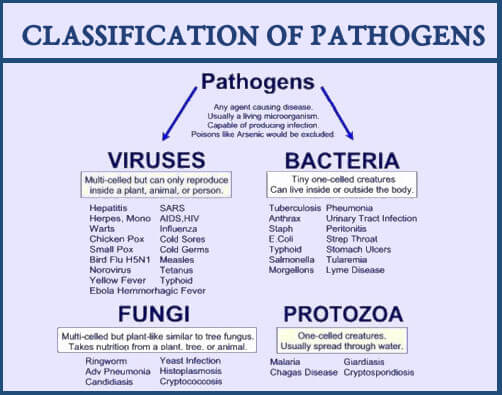Protozoa are a diverse group of single-celled, heterotrophic organisms that are classified as a type of protist. They are typically larger and more complex in structure than bacteria and viruses, and they are capable of independent movement.
Protozoa are found in a wide range of environments, including soil, water, and inside the bodies of animals and plants. They can be free-living or parasitic, and they are important decomposers and recyclers of nutrients in many ecosystems.
Unlike bacteria and viruses, protozoa are classified as eukaryotes, which means that they have a true nucleus and other membrane-bound organelles within their cells. They also have a cytoskeleton, which helps to give them their shape and enables them to move.
Bacteria are also single-celled organisms, but they are prokaryotes, which means they do not have a true nucleus or other membrane-bound organelles. They are much smaller than protozoa, and they lack a cytoskeleton. Bacteria are found in almost every environment on Earth, and they play a vital role in many ecological processes, such as nitrogen fixation and decomposition.
Viruses, on the other hand, are not considered to be living organisms at all. They are much smaller than both protozoa and bacteria, and they consist of a small piece of genetic material (DNA or RNA) surrounded by a protein coat. Viruses can only reproduce inside the cells of a host organism, and they do not have the ability to carry out the basic functions of life, such as metabolism and reproduction, on their own.
In summary, protozoa are a type of protist, and they are classified as eukaryotes. They are larger and more complex in structure than bacteria and viruses, and they are capable of independent movement. Bacteria are prokaryotes, and they play a vital role in many ecological processes. Viruses are not considered to be living organisms, and they can only reproduce inside the cells of a host organism.
